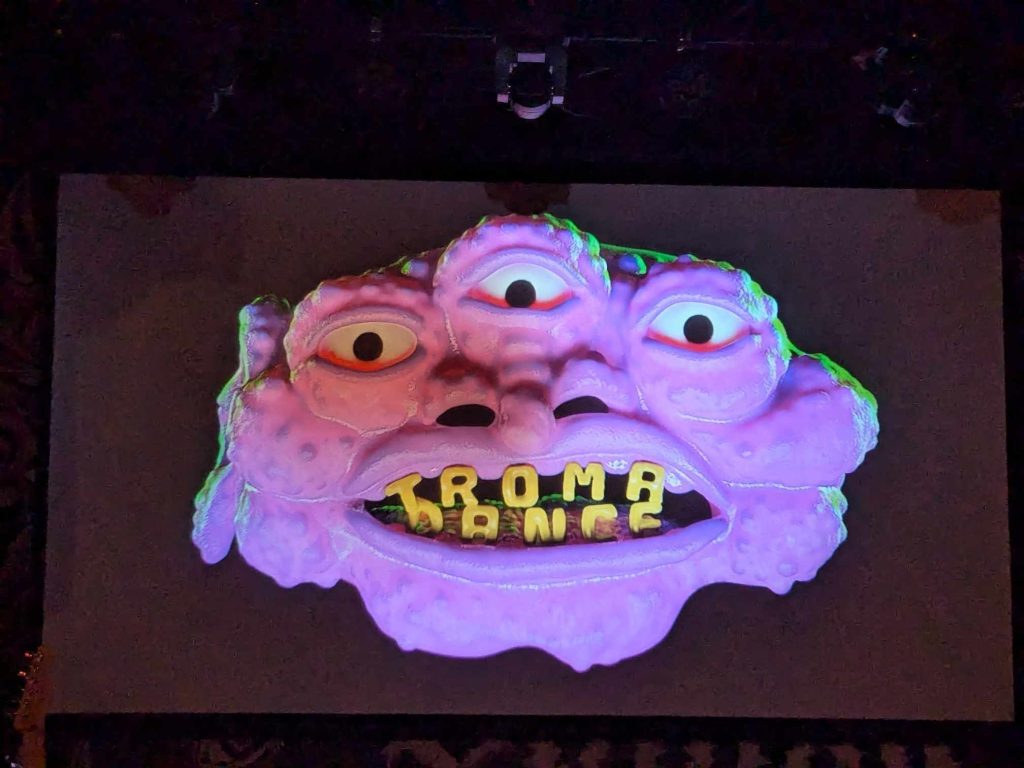
Since 1974, more independent film distributors have gone out of business than I could probably fit into this paragraph. Yet against all odds, one scrappy artist-driven studio is still around to celebrate its 50th year in business. I am of course talking about production company, distributor, and B-movie stalwart Troma Entertainment. Last weekend at the Lucky 13 Saloon in Brooklyn, Troma brought the festivities as part of their 24th annual TromaDance Film Festival. Initially created by Troma founder Lloyd Kaufman with inspiration from South Park’s Trey Parker and Matt Stone as an alternative to Sundance (after their film Cannibal! The Musical was rejected), TromaDance serves as a showcase for DIY filmmakers and some of the most out-there shorts and features available. Not only is there no entry fee, but the festival had free admission (though there was a suggested donation box), and while many of the movies featured have the kind of shock-and-shlock attitude Troma is known for, really, anything goes. (My G-rated high school film project made it into TromaDance 2014.)
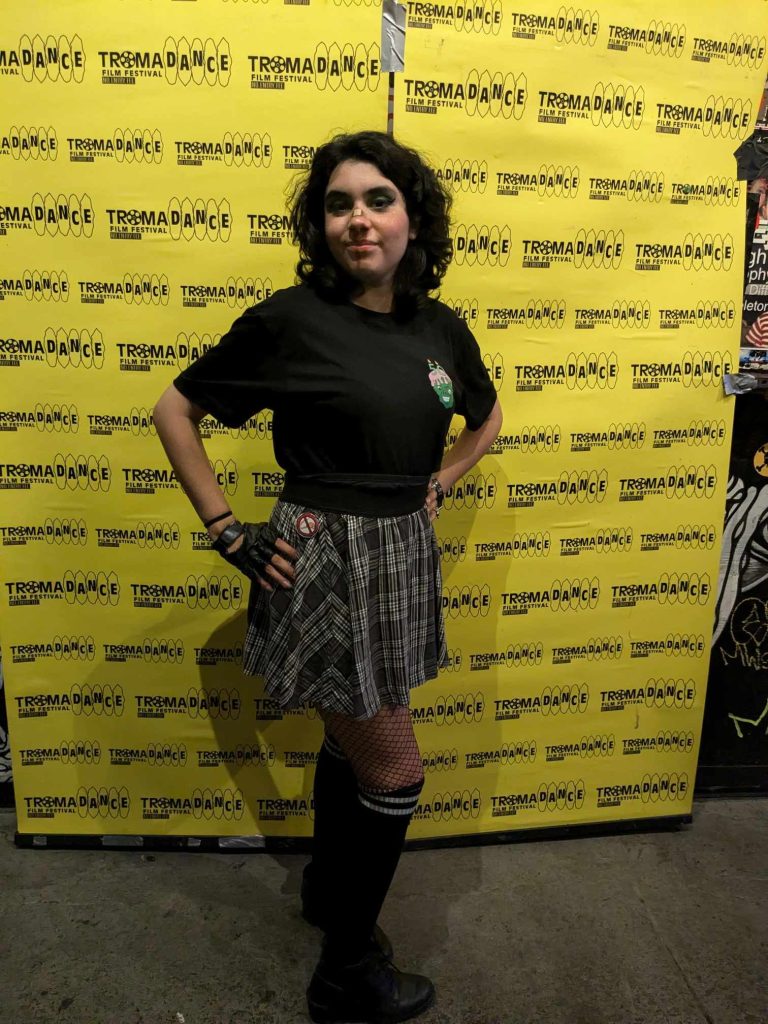
Described by festival organizer Sabrina Mendoza as “a culmination of everything Tromaesque”, the festival consisted of a number of short film blocks and two feature films, Sweet Meats (as a work-in-progress focus group screening), and Murdaritaville. Unlike most of the times I’ve attended, the shorts were grouped by subject matter, with themes such as “Animation Nation”, “Shrooms ‘n’ Shit”, “Komedy Korner”, “Spooky Scary” and “Monster Madness”. Animation Nation was a particular highlight for me, not just for the obvious reason that I love animation, but because I was impressed with the quality of the techniques used. Considering the amount of effort animation takes, it was surprising how much the filmmakers were able to pull off with limited resources, including a number of shorts done with well-done cutout puppetry. The standout was easily Orchid, a short mixing stop-motion with chalk-like drawn animation that tells a story of drug addiction, murder, and monsters in a world populated by skeletons.
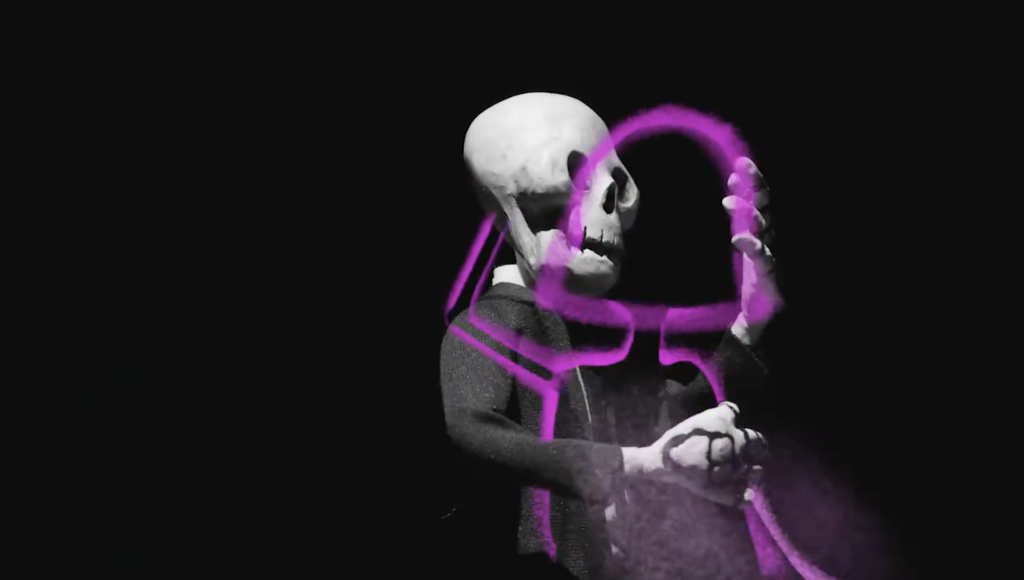
As mentioned, while a lot of the shorts did fit into the standard “Tromatic” aesthetic (I.e. sex, gore, and a lot of stuff that isn’t for the squeamish), there’s usually quite a lot of diversity on display, and this year was no exception. Last Day for Videos, for instance, was a melancholy documentary that focused on the closing of a Family Video in Kalamazoo, as the employees talk about what is lost from the communal video store experience in an age of streaming. The Triangular Door from experimental filmmaker Dylan Mars Greenberg was an anarchic, psychedelic work shot on Super-8 in which “the last survivors of an obliterated culture search for spiritual bondage in a reality show from hell”, narrated by noted Canadian art filmmaker Guy Maddin (which unintentionally created a link between TromaDance and the New York Film Festival, where Maddin’s new film Rumours is showing). Komedy Korner especially had a great deal of highlights, such as police procedural spoof Tornado County and Clownie Verses The Internet, an unhinged DIY short in which a clown gets his “revenge” on social media. Mendoza also had a short of her own in the festival, Coast to Coast AM, a re-enactment of an infamous phone call during Art Bell’s radio show.
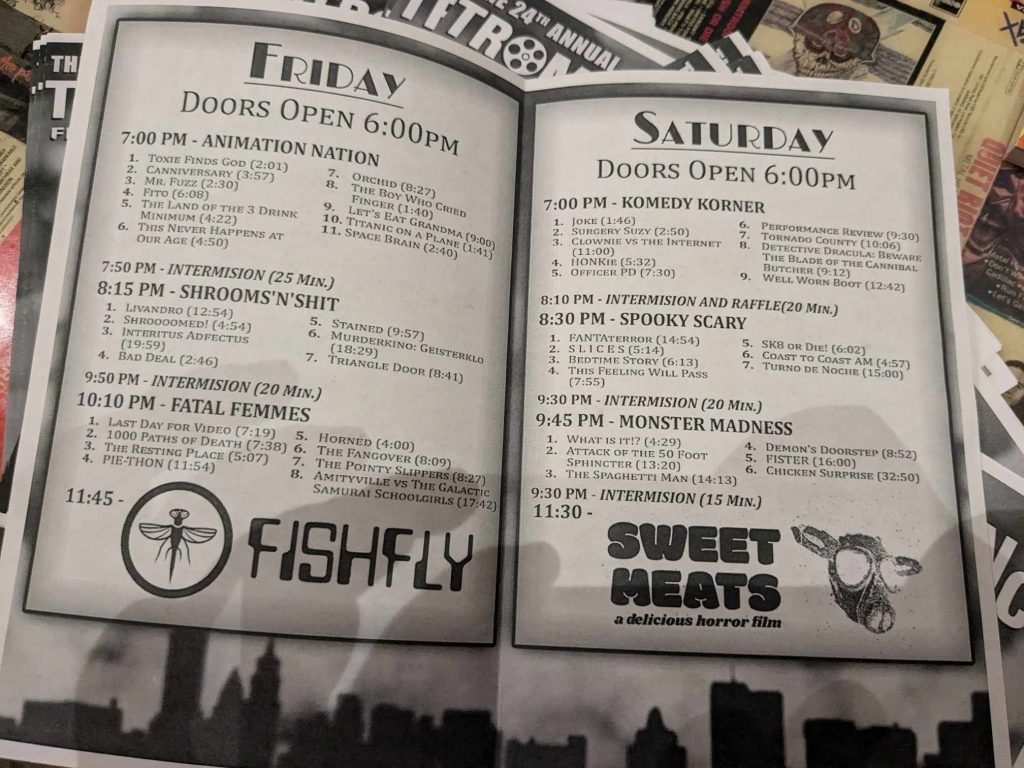
Night 1 ended with a performance by Detroit-based band Fishfly, while Night 2 brought the arrival of Troma co-founder and head honcho Lloyd Kaufman, who took pics with fans. Meanwhile, Mendoza raffled off props from Kaufman’s upcoming movie The Power of Positive Murder, fresh off the shoot in upstate New York. The third day also had a Troma “Power Hour” showcasing the best and bloodiest moments from Troma’s 50 year history. Yet it wasn’t all fun and games, and Michigan video stores sadly weren’t the only thing being mourned that weekend. Earlier this year, Doug Sakmann, a longtime mainstay of the Troma crew and their events, died unexpectedly, making this the first TromaDance without him. He was memorialized in a heartfelt montage played during both nights, and as someone who knew Doug, his absence was definitely felt.
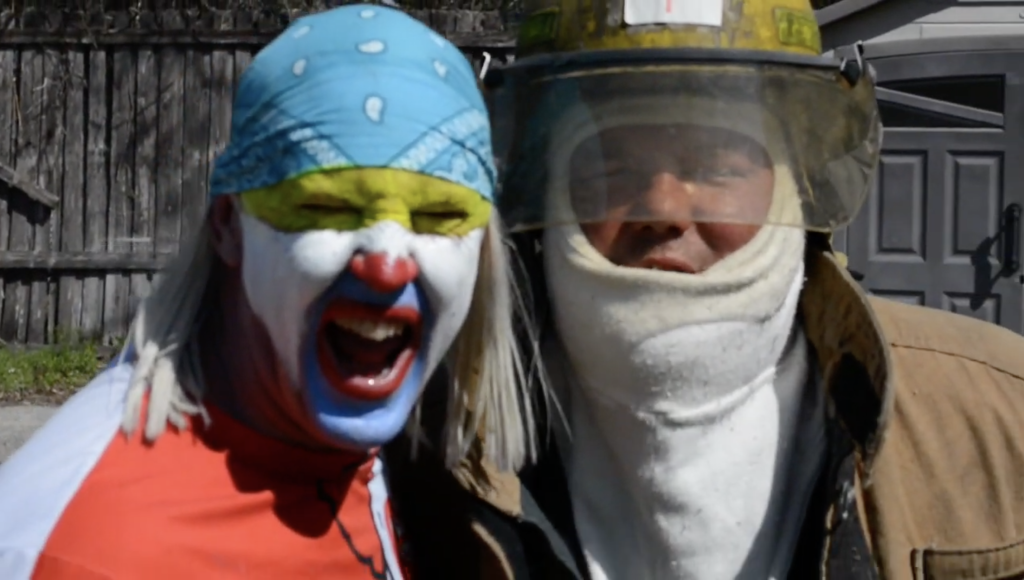
Mendoza told me that what separates TromaDance from other festivals is “the feeling of just wanting to be part of a greater community that is Tromaville” with “a bunch of people that have just shot things on iPhones [and] professional cameras…all here together to celebrate the power of filmmaking and disrupting media for 50 years.” Overall, TromaDance was a lot of fun, and if you’re in the New York City area (and have a strong stomach), I’d definitely encourage you to check it out next year. I’d also recommend that if you have a film to submit, do so. I mean, it’s free, and who knows? You might even make it in.
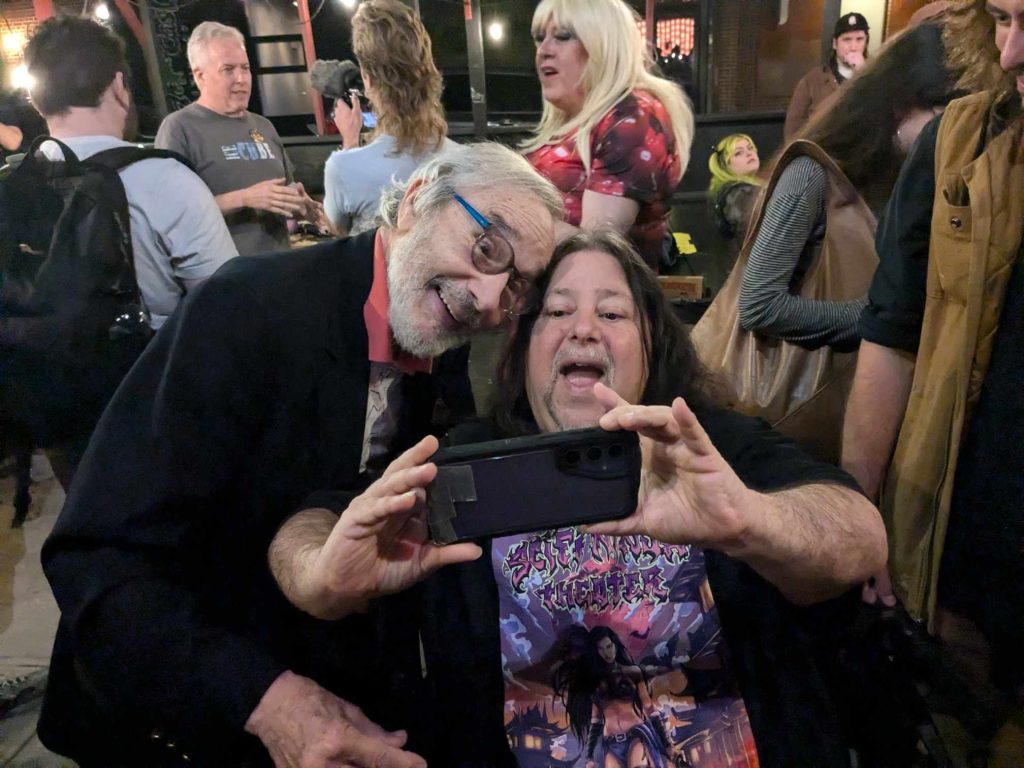
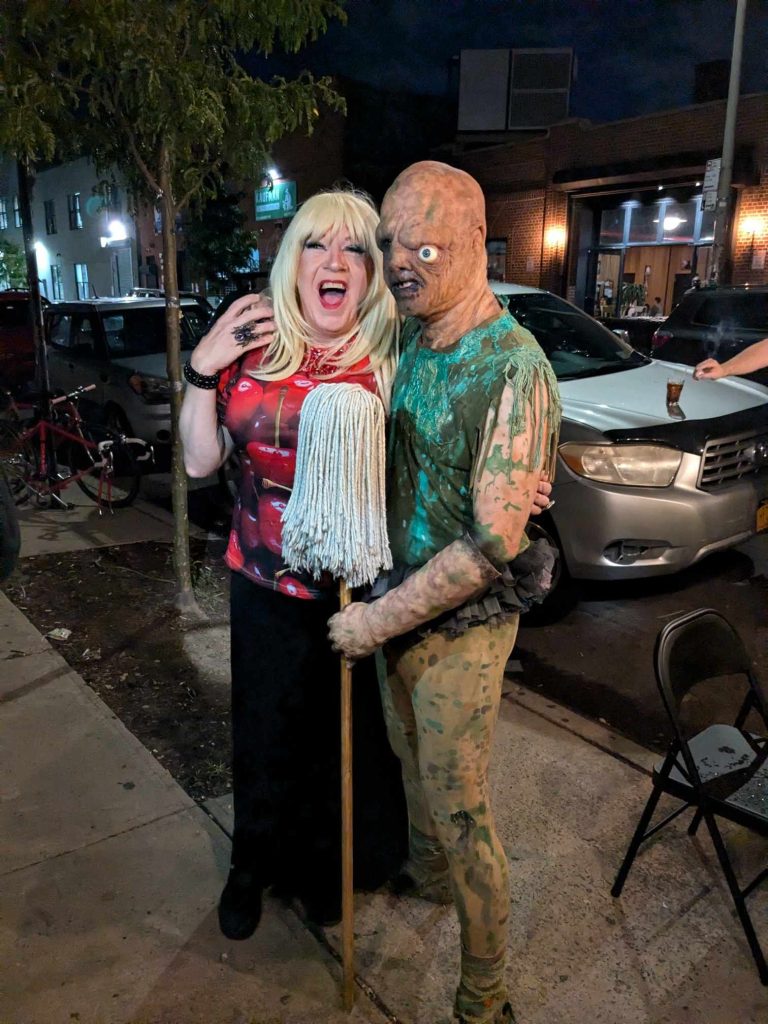
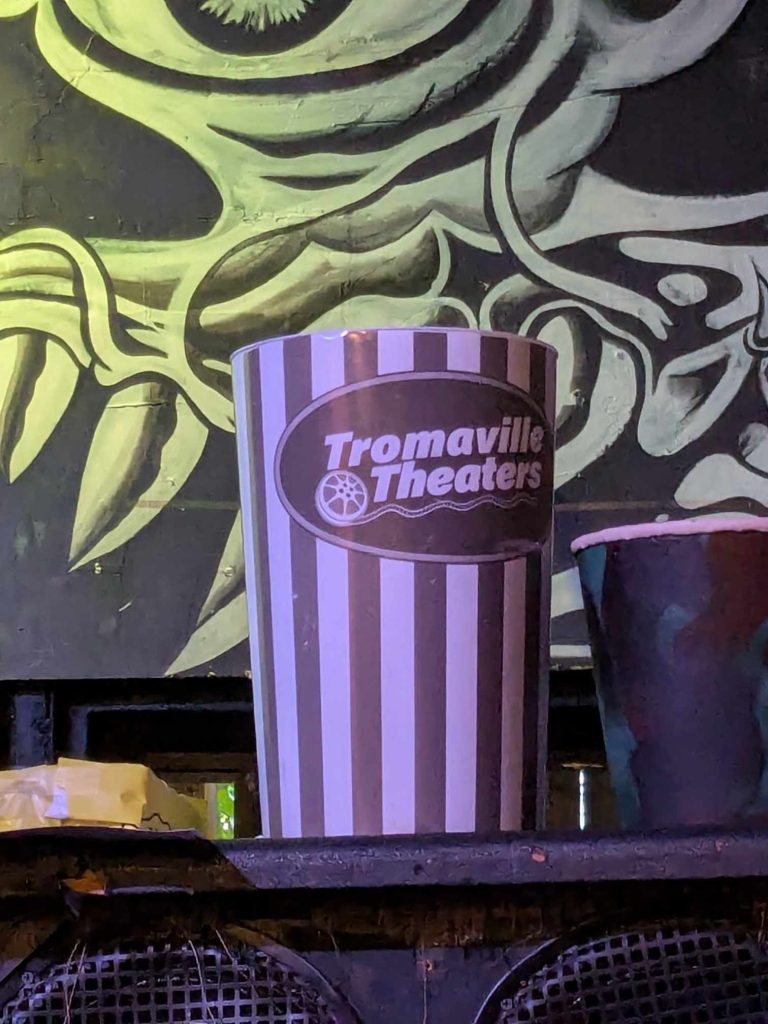
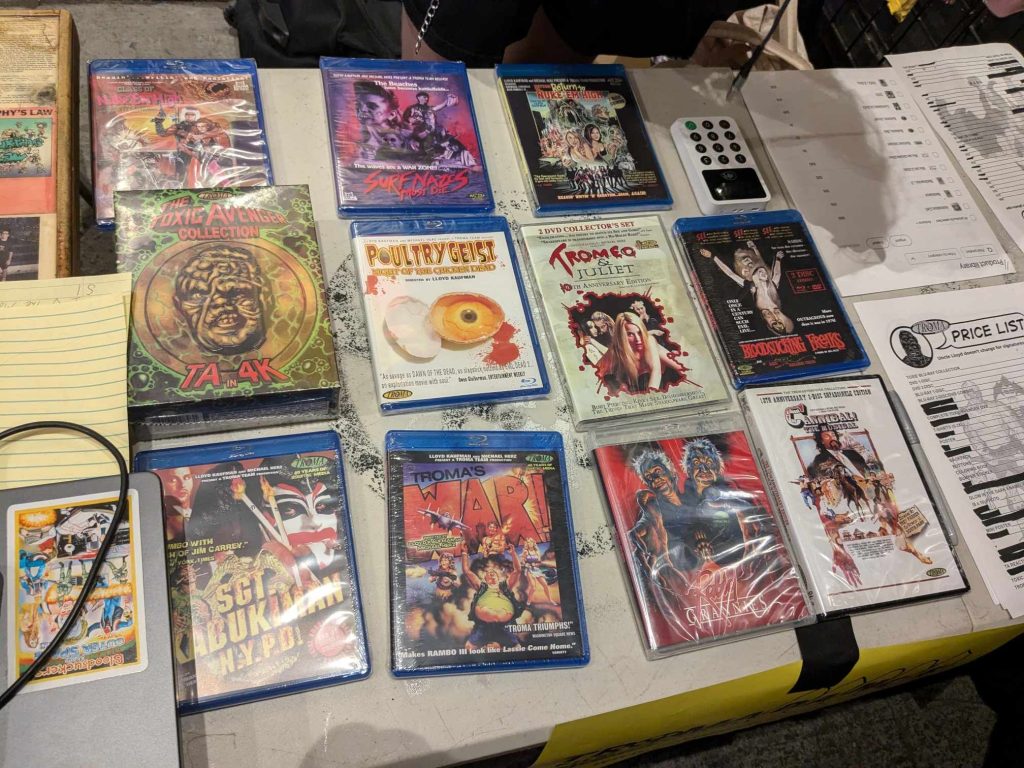
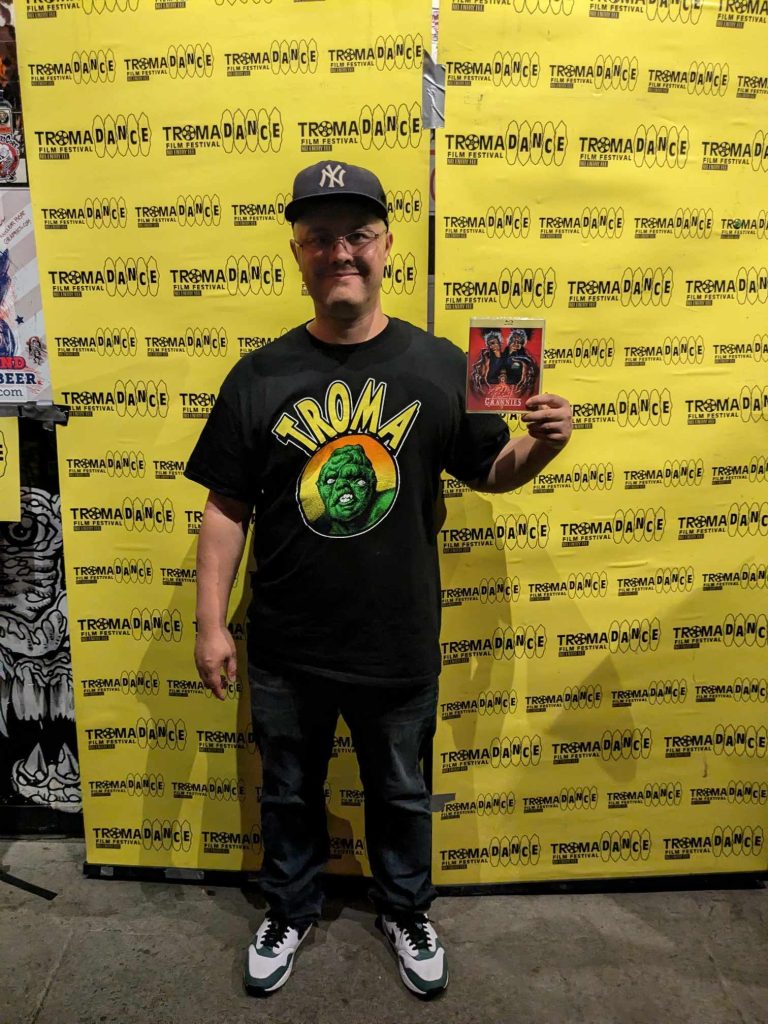
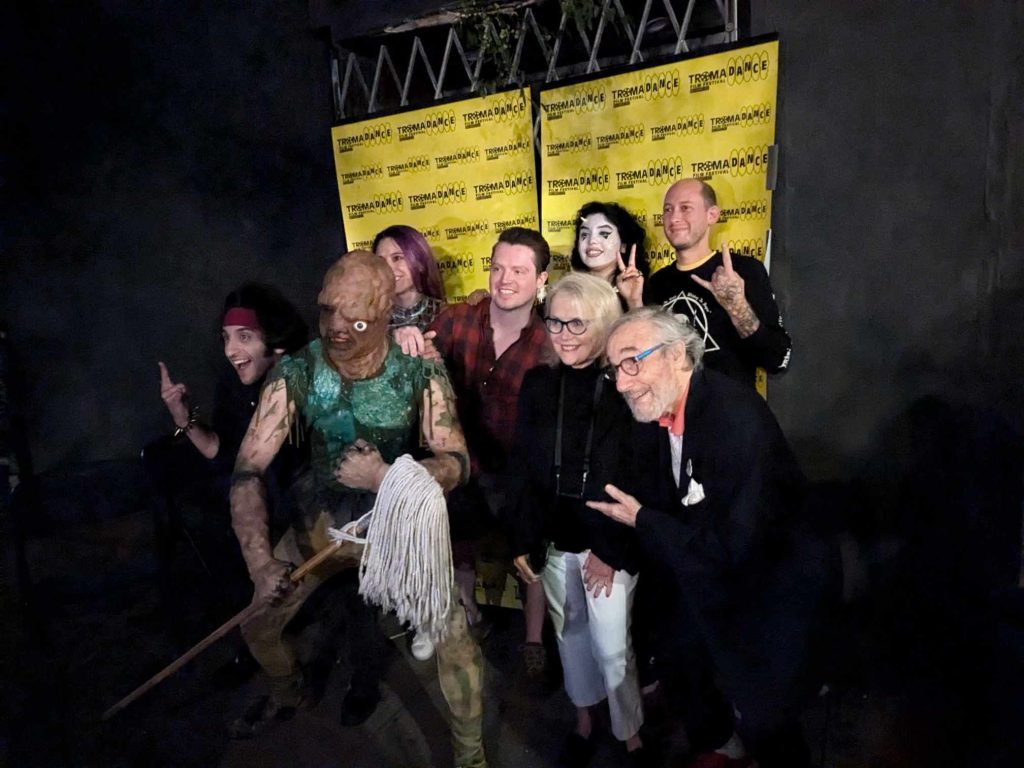

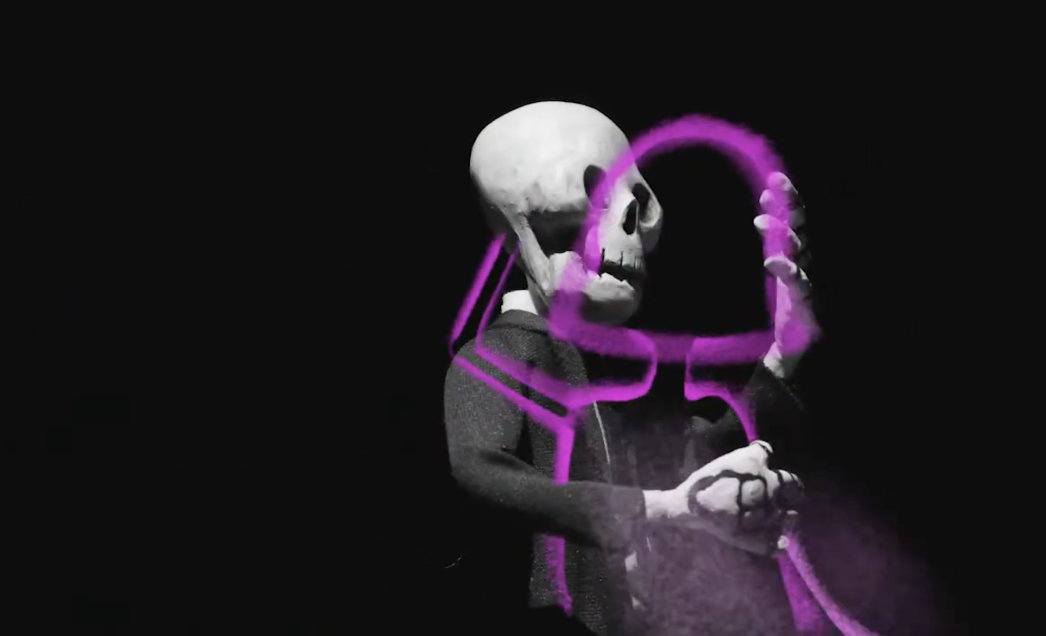


Leave A Reply